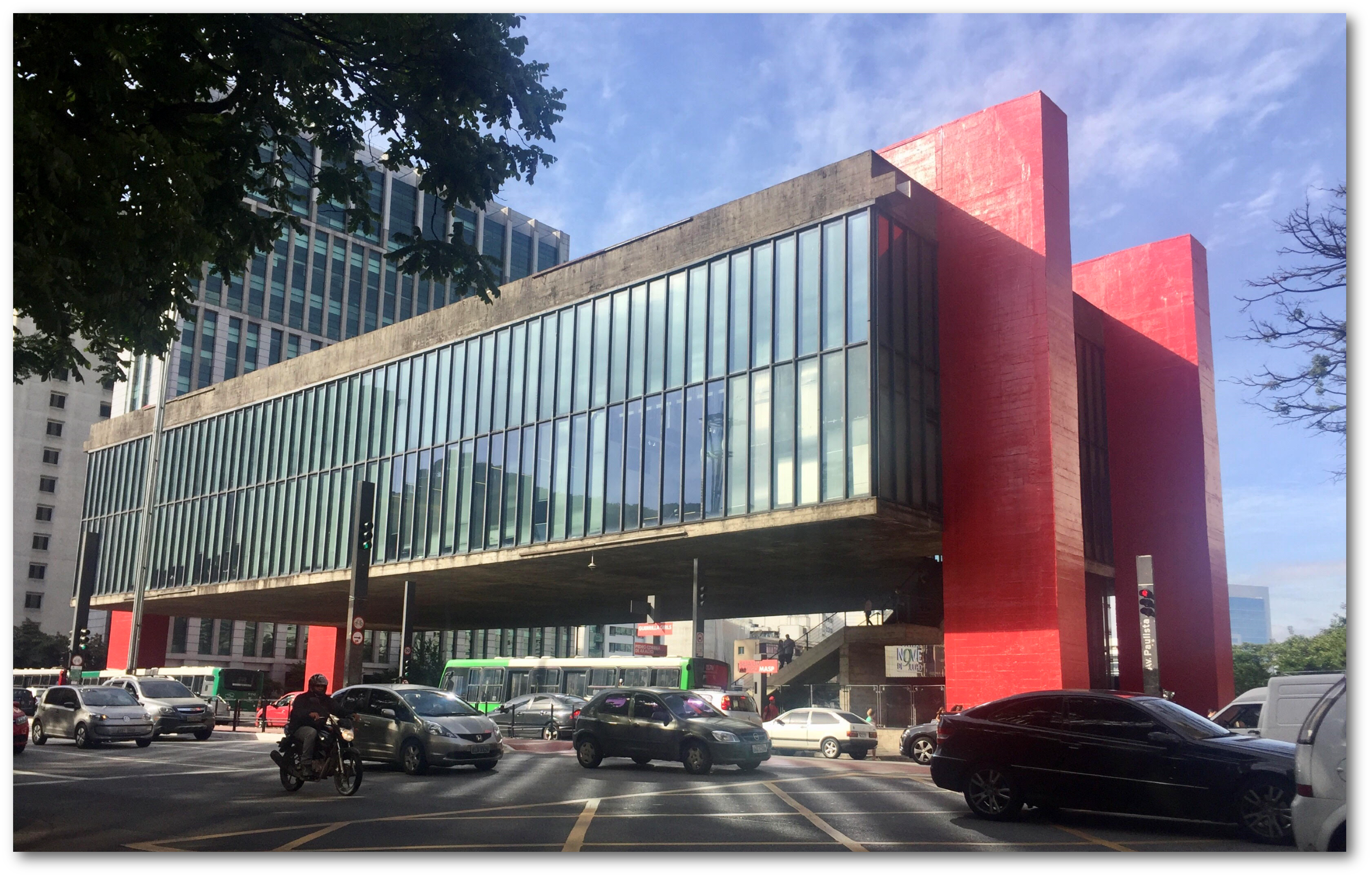The Global Opportunities (GO!) program, which CGT offered from 2017-2019, linked M.A. in Global Thought students to research projects during residencies at Columbia Global Centers. GO! internships and experiences immersed newly minted graduates in subjects they had been studying just weeks before, allowing them to continue developing their reflections on global questions, as well as their skills as researchers and writers.
Elena Ho Yan Yee
M.A. in Global Thought Class of 2017

Completing my M.A programme at Columbia and eager to gain experience in the real world, GO! presented me with the privilege of applying my knowledge in arts and cultural policy through the Museum of Art of São Paulo (MASP) in Brazil. The Columbia Global Center in Rio de Janeiro facilitated this internship with MASP. Established in 1947, MASP is a non-profit private museum with the most prominent collection of European art in the southern hemisphere, boasting works by Degas, Modigliani, Botticelli, Van Gogh, Picasso, among others. In 2014, it went through a crisis of near bankruptcy due to poor management and bouts of political instability. But thanks to a team of influential executives that had the entrepreneurial dare to introduce a corporate governance structure to the museum and implement international practices of museum management, MASP quickly recovered from its dilapidated state. GO! Rio explained to me the story of MASP and pitched the idea of writing a case study of museum management – I was sold. It was then the fall of 2017, after my summer internship with the United Nations Development Programme, that I packed my bags and left for sunny Brazil for two long months.

Arriving in São Paulo, I immediately dived into learning about the history and operational functions of the museum. After an introductory meeting with Teresa from GO! Rio, as well as Lucas and Carolina from the Strategic Planning team of MASP, interviews were arranged for me to meet the Head of Departments and Board of Directors of the museum to begin the documentation process. I was pleasantly surprised by the level of trust and openness MASP had in me. The conversations that we had taught me so much about the Brazilian sociopolitical scene, the funding structure of public versus private arts institutions, the work ethic of Brazilians, and the management practices of museums. Writing on something that interests me, it was a truly enjoyable process immersing in the culturally vibrant city of São Paulo. This experience concluded with me giving a presentation to the Board of Directors to share my findings and offer possibilities to take this case study further, as well as to provoke deeper thought around the future of MASP.
Looking back, what made the GO! experience memorable was entering a foreign environment without any preconceived ideas and being open to trying new things: Visiting the other landmarks like the São Paulo Museum of Modern Art and Pinacoteca, roaming through Vila Madalena, snacking on pão de queijos (delicious cheese bread!) and açaí bowls, learning the Brazilian samba dance, and fumbling with my Google Translate app as I got by with minimal Portuguese language abilities.

As a young Singaporean graduate, this opportunity with MASP definitely helped to build up confidence in my knowledge and served as the ideal bridge between the academic space and the professional working environment. I would have never thought of venturing out to Brazil on my own if it were not for GO!. I believe that having this arts-related work experience readily accessible to me was also essential in bringing me to where I am today. I now work at the National Arts Council of Singapore and feel proud continuing my passion in the arts sector. GO! is a great opportunity of Columbia Global Thought and I would not have traded it for anything else!
